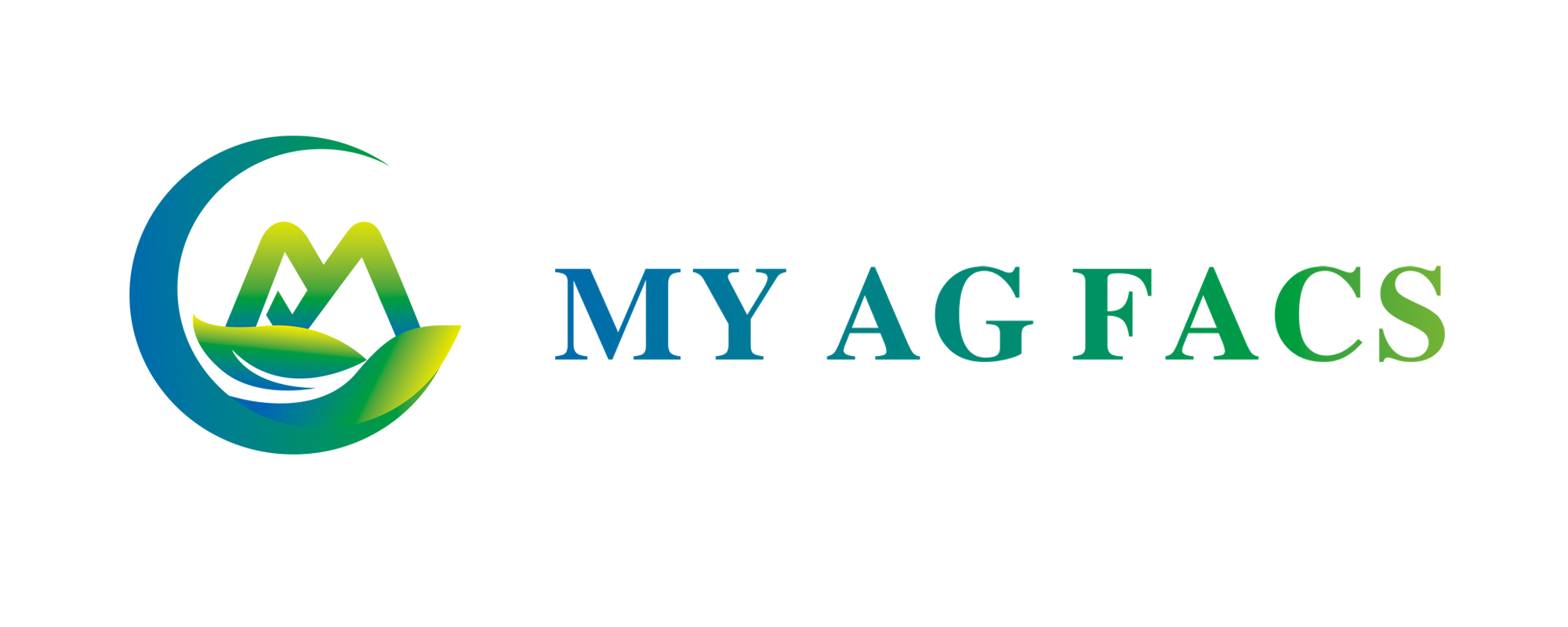
The pressure-bearing capacity of agricultural water belts or hoses can vary widely depending on the material, construction, and specific design of the product. Agricultural water belts are used for water supply and irrigation purposes, and their pressure ratings are crucial to ensure they can handle the water pressure without bursting or leaking.
Here are some common types of agricultural water belts and their typical pressure ratings:
1. PVC Water Belts: PVC (Polyvinyl Chloride) water belts are commonly used in agricultural applications. The pressure-bearing capacity of PVC water belts can range from 40 psi (pounds per square inch) to 150 psi or more, depending on the specific product and wall thickness. PVC water belts with higher schedules, such as Schedule 80, tend to have higher pressure ratings.
2. Polyethylene (PE) Water Belts: PE (Polyethylene) water belts are also widely used in agriculture. Their pressure ratings are typically expressed as "PN" (Pressure Number) values, such as PN6, PN8, PN10, PN12.5, and PN16. These values indicate the maximum pressure the pipe can withstand in bars. For example, a PN10 PE water belt can handle a maximum pressure of 10 bar.
3. Rubber Water Hoses: Rubber water hoses used in agriculture can have various pressure ratings depending on their construction and reinforcement. Common pressure ratings for rubber hoses can range from 100 psi to 300 psi or more.
It's essential to consider the specific requirements of your irrigation or water supply system when choosing an agricultural water belt. Factors such as the desired water flow rate, the length of the belt, the terrain, and the elevation difference will all affect the pressure experienced in the system.
To ensure safe and efficient operation, it is crucial to select agricultural water belts that have pressure ratings higher than the maximum operating pressure in your irrigation system. Exceeding the pressure ratings could lead to hose or belt failure, resulting in leaks or bursts that could disrupt the irrigation process and waste water.
Always refer to the manufacturer's specifications and guidelines to determine the appropriate pressure rating for the agricultural water belts you plan to use in your specific application. If you are unsure about the right product for your needs, consult with a knowledgeable supplier or manufacturer who can assist you in choosing the most suitable water belt for your agricultural irrigation requirements.